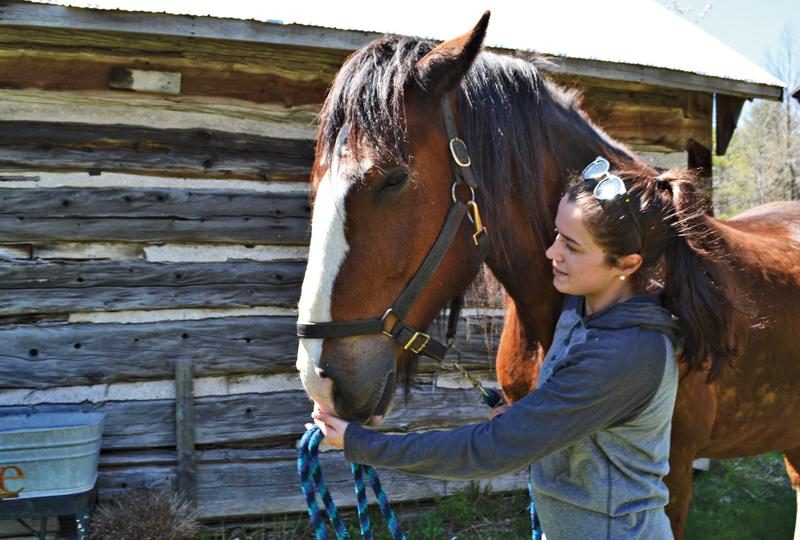Take a nutrition break
I'm not a nutritionist. You probably aren't either. So there are times when it's hard for us to be certain of the best eating habits for our children, especially when so much of the available information seems conflicting and when all the dollars at stake can encourage questionable research standards. I often hear parents worrying about what the latest study means for their children's diet (should they try snackification? avoid GMOs? go raw food?) or whether the newest super-food is everything it's claimed to be (teff, anyone? kombucha? mizuna sprouts?).
I can't really help with those kinds of questions, but I think maybe parents worry too much about these uncertain cases and forget to focus on the areas where nutritionists do actually have a broad consensus. For example, almost every nutritionist will tell you with certainty that people eat far too much sugar and far too few vegetables. This isn't to make sugar into some sort of demon food, and it isn't to say that some vegetable or other will produce health miracles. It's just to say, what you already know, that we eat too many empty sugars and too few nutritious vegetables.
This seems simple, right? So why not start there? Instead of worrying about how to get your kids eating more hemp hearts, work on cutting out candy. Instead of trying to change them to goat-dairy, work on eating a larger number of vegetables and fruit, any vegetables and fruit, each day. There's no point in letting the arguments about good carbs versus bad carbs or about vegetable proteins versus animal proteins prevent us from doing the obvious things to help our kids eat better. Start with the obvious things. Worry about the rest later.
So, put down that magazine article about fermented foods and close that browser window with the list of 2015's top nutritional trends. Instead, take a look at your meals for the week and do the easy things to make them healthier for your kids, and for yourself.
Luke Hill is a stay-at-home father of three boys, aged nine, seven, and three. He has fathered, fostered, adopted, or provided a temporary home for kids anywhere between birth and university. He has taught college courses, adoption seminars, camp groups, Sunday School classes, rugby teams, not to mention his own homeschooled kids.







